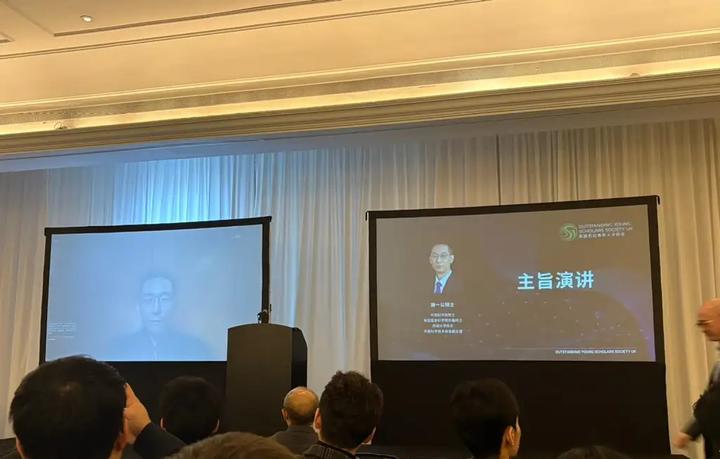A New Elite University Takes Shape in Hangzhou
Qiantan University, backed by beverage tycoon Zhong Shanshan and the Hangzhou government, is set to become Hangzhou’s newest higher education institution. The project aims to attract top talent and advance technological innovation in the region.

Hangzhou, a major economic hub in eastern China, has announced plans to establish Qiantan University as part of its key development initiatives for 2025. This ambitious project represents a significant collaboration between private enterprise and local government, following the successful model of Westlake University in the same city.
The foundation for Qiantan University was laid in November 2023 when the Qiantan Education Foundation, established by Nongfu Spring founder Zhong Shanshan, donated 100 million yuan to create the Zhejiang Qiantan Institute of Basic Sciences. This institute will serve as the cornerstone for the future university.
The university’s leadership structure is taking shape with Zhong himself serving as the initial head of the institute. Notable appointments include Professor Chen Dongmin, formerly of Peking University’s Institute of Advanced Cross-disciplinary Studies, as vice president. The institution has already begun attracting high-caliber researchers, including Wu Kehui from the Chinese Academy of Sciences.
The proposed campus will be located near the West Lake Golf Course, adjacent to the campuses of the China Academy of Art and Zhejiang Conservatory of Music. This strategic location in Hangzhou’s cultural district suggests aspirations to create a comprehensive research institution rather than focusing solely on technology and engineering.
Drawing parallels with Westlake University, which received substantial funding of 30 billion yuan and has achieved remarkable success in biological sciences, Qiantan University faces both opportunities and challenges. The new institution will need to establish its unique identity while competing for resources and talent in an increasingly competitive higher education landscape.
The academic focus of Qiantan University appears to be deliberately broad, encompassing basic sciences, humanities, and interdisciplinary studies. This approach differs from the current trend of narrowly focusing on artificial intelligence and information technology, suggesting a more holistic vision for education and research.
However, sustainable funding remains a critical challenge. Private universities in China require substantial ongoing financial support to maintain competitiveness and attract top talent. The success of Qiantan University will largely depend on continued commitment from both its private backers and government supporters.
The establishment of Qiantan University reflects Hangzhou’s broader strategy to enhance its position as an educational and technological hub. Following Westlake University’s rapid rise in academic rankings and research output, city officials appear confident in their ability to nurture another world-class institution.
The timing of this initiative, amidst economic headwinds, demonstrates remarkable confidence and ambition. It also signals Hangzhou’s determination to compete with other major Chinese cities in developing high-level educational resources and attracting international talent.
As Qiantan University takes shape, its development will be closely watched by educators, policymakers, and investors alike. The project represents not just another addition to China’s higher education landscape, but potentially a new model for collaboration between private capital and public resources in building world-class universities.